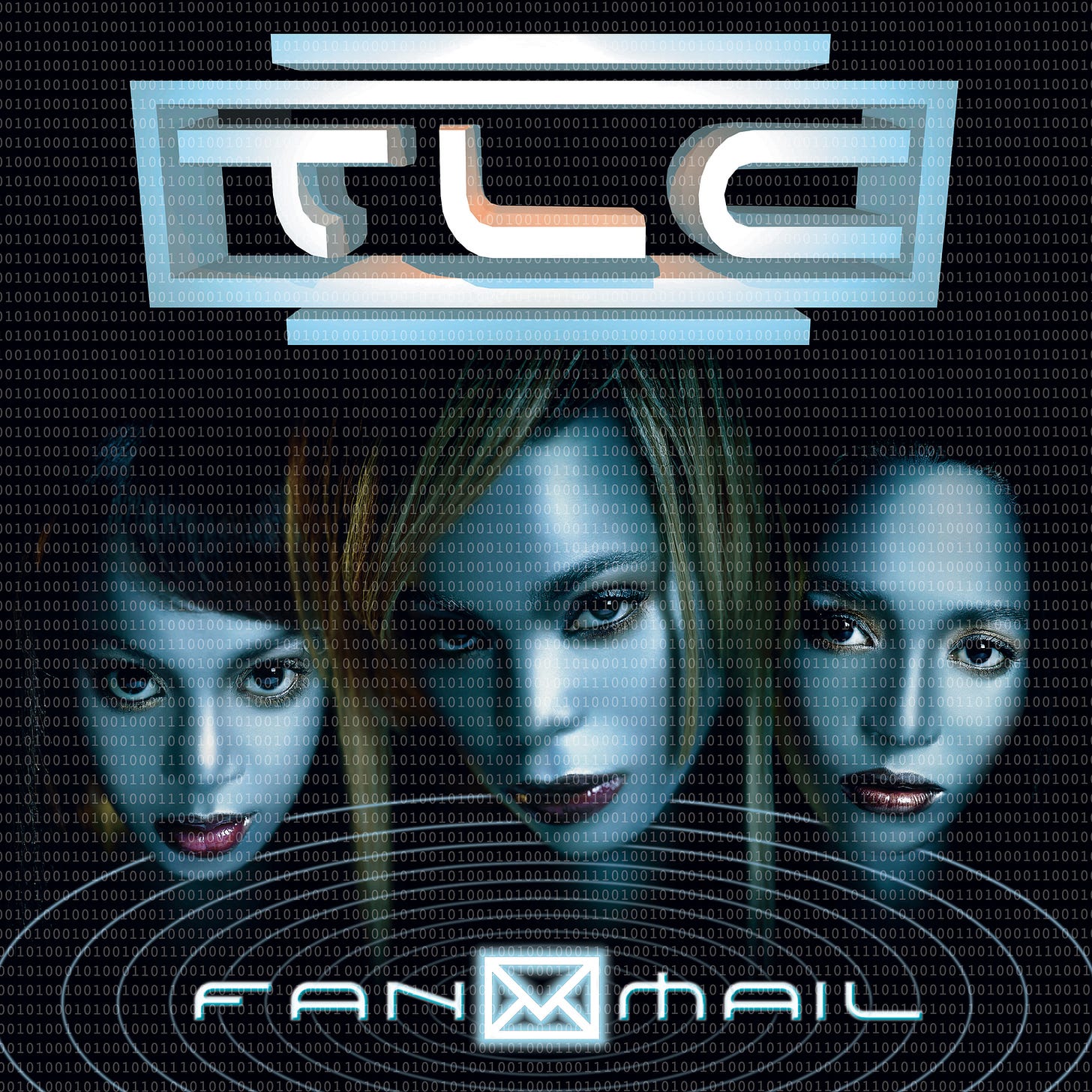Celebrating 25 Years of TLC's FanMail Album
After five years of trials and tribulations from ‘CrazySexyCool,’ TLC returns with an album that defined an era of pop and R&B in the coming months and for the new millennium.
TLC’s FanMail album wasn’t just a musical comeback but a cultural reset. After a four-and-a-half-year break, the iconic R&B trio—America’s favorite mix of crazy, sexy, and cool—returned with a sonically groundbreaking album. FanMail delivered a visual and emotional spectacle, blending futuristic soundscapes with relatable themes of love, loss, and the complexities of female friendship.
T-Boz, Left-Eye, and Chilli had already established their dominance with their first two albums, Ooooooohhh…On the TLC Tip and the mega-successful CrazySexyCool. Even their final single from that album, 1995’s “Diggin’ On You,” was a top 10 hit, proving their staying power.
But TLC wasn’t content to rest on their laurels. During their hiatus, they evolved as women and artists. They strategically chose songs that reflected their growth, turning down tracks that would become significant hits for younger acts: “Where My Girls At?” became a chart-topper for 702, and “…Baby One More Time” launched Britney Spears’ career. When TLC finally released FanMail, they were setting trends, not following them. The lead single, “No Scrubs,” exploded onto the scene, a bold, unforgettable female empowerment anthem.
Producer Kevin “She’kspere” Briggs crafted the perfect beat, and Xscape’s Kandi Burruss and Tameka “Tiny” Cottle helped pen the sassy, assertive lyrics. Chilli’s voice was all attitude as she dismissed lame pickup lines: “No! I don’t want your number/No! I don’t want to give you mine…” T-Boz and Debra Killings joined the chorus, transforming “No Scrubs” into a rallying cry. The song resonated deeply with women while simultaneously putting a specific type of immature guy on notice.
TLC embraced their individuality, with Left Eye’s creative instincts leading the charge. Her iconic verse on “No Scrubs” is a perfect example: mixing spoken word swagger with bold hip-hop pronouncements, she sets the standard for a new era of female independence. Lines like “So, let me give you something to think about/Inundate your mind with intentions to turn you out” showcased her audacity and lyrical dexterity.
The group’s performances reflected their artistic growth. “No Scrubs” became their third #1 single, with infectious energy propelling it to Grammy nominations and an MTV award. But beyond accolades, the song was a cultural force. Its message of self-respect resonated with young women everywhere, while its cheeky takedown of clueless guys became a catchphrase.
Longtime collaborator Dallas Austin understood TLC’s vibe, and “Silly Ho” continued the message of empowerment: “I ain’t the one to be, depending on someone else.” They weren’t afraid to get a little provocative either: “I’m Good at Being Bad,” produced by legends Jimmy Jam and Terry Lewis, pushed boundaries and garnered the album a Parental Advisory sticker. This mix of sweet and sassy, vulnerability and confidence was the TLC magic their fans adored.
“Unpretty” took a different turn, exploring insecurity and the importance of self-love. Raw and emotionally resonant, the track became a fan favorite for its honest look at the pressures of fitting in. Paul Hunter’s video mirrored the song’s message, visually conveying the struggle with self-image and highlighting inclusivity with sign language.
FanMail was uniquely positioned as a millennial milestone. Futuristic in sound and concept, it also tapped into universal themes of love, heartbreak, and finding your voice. TLC’s lyrics grew deeper, championing female empowerment with playful defiance and heart-on-sleeve vulnerability. They embraced technology, with its binary-coded cover and computerized collaborator Vic-E, while retaining their warmth and personality.
The result was a defining album of the ‘90s that helped cement TLC’s status as the decade’s top-selling American girl group. FanMail was commercially successful and left a lasting mark, influencing a generation of artists and resonating deeply with fans who found themselves reflected in the music.


